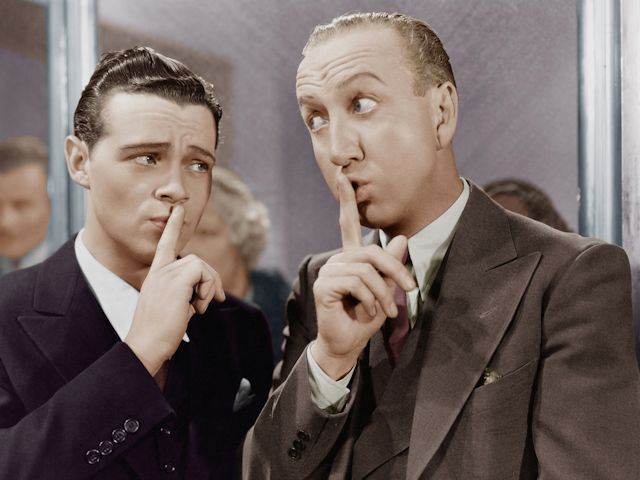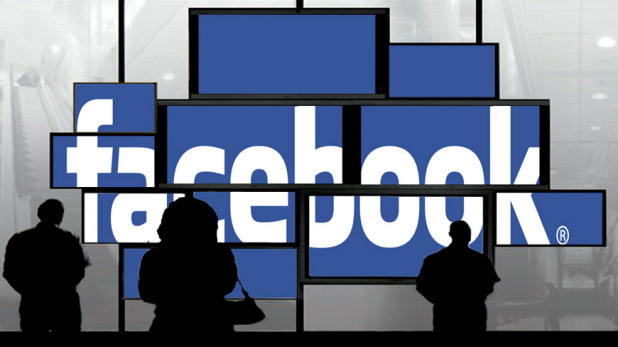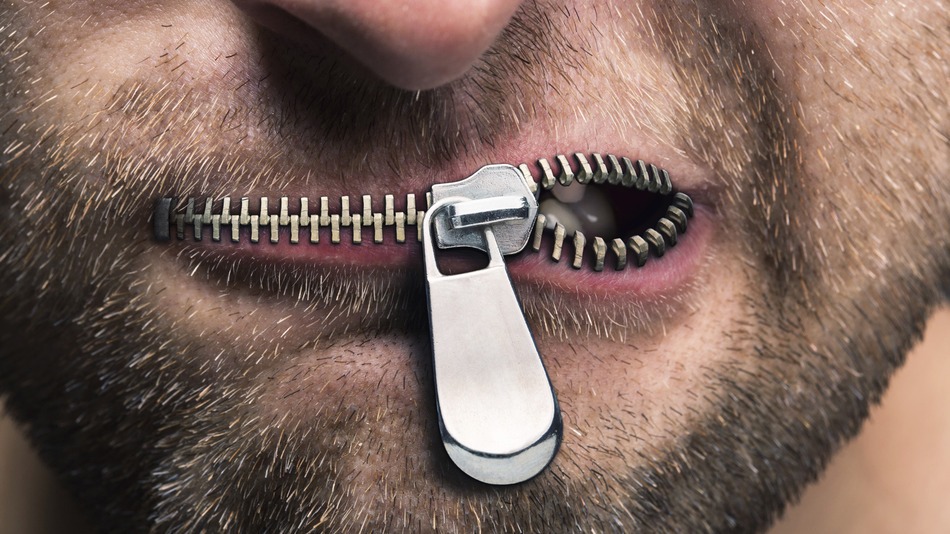Do You Feel Social Media Is Discouraging You From Sharing Your Views Publicly?
The Internet might be a useful tool for activists and organizers, in episodes from the Arab Spring to the Ice Bucket Challenge. But over all, it has diminished rather than enhanced political participation, according to new data from Pew Research center.
If you think that social media is living up to its promise of being an online outlet for discussion that mirrors our offline communications and conversations, Pew Research Center has released a detailed report that may prove you wrong
The Internet might be a useful tool for activists and organizers, in episodes from the Arab Spring to the Ice Bucket Challenge. But over all, it has diminished rather than enhanced political participation, according to new data.
Social media, like Twitter and Facebook, has the effect of tamping down diversity of opinion and stifling debate about public affairs. It makes people less likely to voice opinions, particularly when they think their views differ from those of their friends, according to a report published Tuesday by researchers at Pew Research Center and Rutgers University.
In fact, according to the report from Pew Research Center, people are less willing to discuss important issues on social media, than they are in real life, and it may seem like an obvious conclusion:
Of course, people are more hesitant to speak up with a contrary opinion when all their friends, family or colleagues feel differently. But there’s been little research that quantifies just how unwilling people are to take a potentially unpopular stance on outlets like Facebook and Twitter.
This tendency to keep opinions private, when you believe they're not widely shared, is referred to as spiral of silence, a term coined in the mid-70's by a researcher studying the nature of public opinion
“Some social media creators and supporters have hoped that social media platforms like Facebook and Twitter might produce different enough discussion venues that those with minority views might feel freer to express their opinions, thus broadening public discourse and adding new perspectives to everyday discussion of political issues,” explains Pew.
But as it turns out that optimistic desire is not quite the reality. If anything, social media is discouraging users to share opinions.
In its study, Pew focused on the controversial topic involving Edward Snowden’s revelations of widespread government surveillance, because that topic saw a variety of opinions across the U.S. as to whether his actions were justified, and whether the government’s policies themselves were good or bad.
This, explains the report, “challenges the notion that social media spaces might be considered useful venues for people sharing views they would not otherwise express when they are in the physical presence of others.”
And in both online and offline discussions, people were more willing to share their views if they believed their audience agreed with them. For instance, if someone believed their Facebook network agreed with them, they were twice as likely to join a discussion about the issue.
However, the real kicker is that not only did social media silence users online, it also changed people's offline behaviour, making them less willing to engage in potentially controversial discussions
Social media users, says Pew, were less willing to share their opinions in face-to-face settings than others. The typical Facebook user was half as likely to have a discussion about the topic in the offline world, while Twitter users were 0.24 times less likely to do the same.
Of course, it’s worth pointing out that the choice to use the Snowden situation as the basis for this particular study could be flawed – after all, social platforms, including Facebook, were implicated as being among the places the government tapped to listen in on citizens’ conversations. Perhaps citizens didn’t want to publicize an opinion on this particular matter, but would be more willing to do so on others.
Although, the study, for what it's worth, didn't get into the "why" question regarding people's decision to stay silent, but theorised it could be attributed to a number of factors
Including not wanting to disappoint or get into arguments with friends or post things that HR departments or prospective employers could one day discover. Plus, Pew says that an individual’s decision to share an opinion could also relate to their confidence and understanding of the subject as well as how intense or apathetic they felt.
Because of its sample size (1,801 people) and choice of topic, Pew's study might not be a fully accurate example of social media's silencing effects, but it's definitely fodder for discussion – if you dare! – as well as further research
These findings are limited because the researchers studied a single news event. But consider another recent controversial public affairs story that people discussed online — the protests in Ferguson, Mo. Of the posts you read on Twitter and Facebook from people you know, how many were in line with your point of view and how many were divergent, and how likely were you to speak up?




